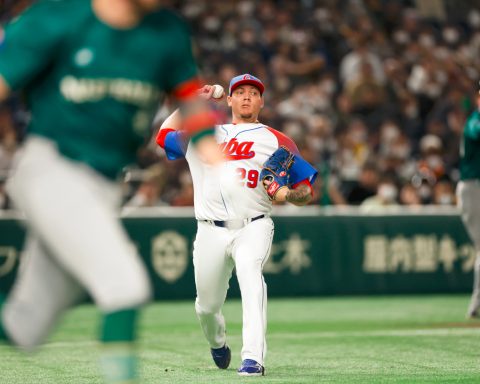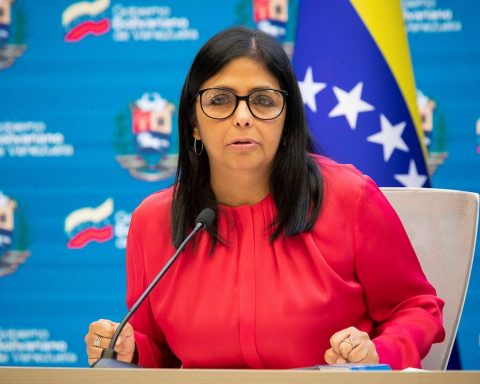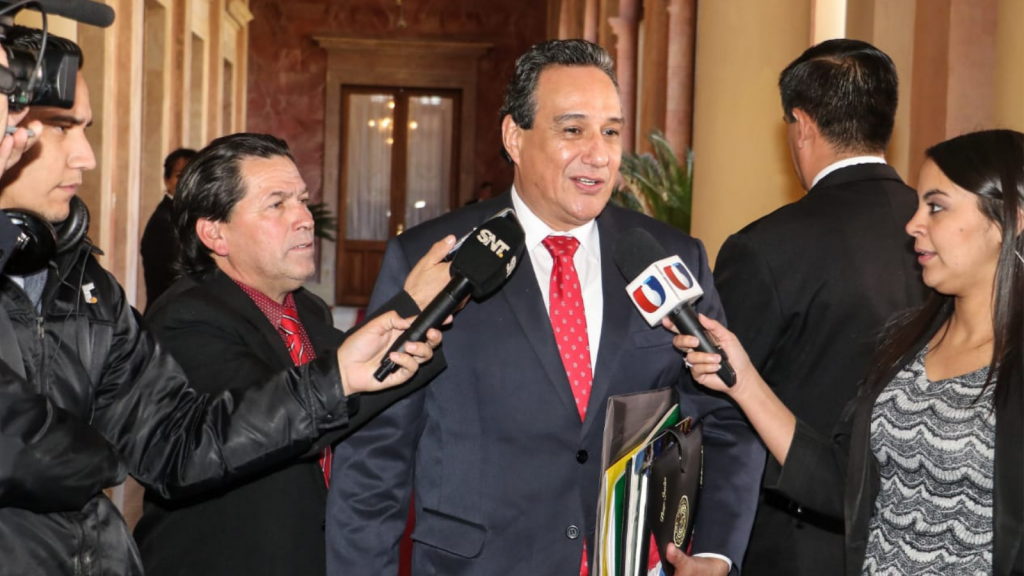
These employees were the first to experience the economic impact of the pandemic, specified a new ILO report entitled Locked up and in limbo: The global impact of Covid-19 on the rights of migrant workers and their hiring.
The accusation of that United Nations agency meant that these people are also subjected to discrimination and xenophobia, many were suspended from their employment or fired as the disease spread, leaving them without a source of income.
In addition, some were deprived of their pay, had their working hours reduced or were required to go on vacation, while others were not paid for work performed, in violation of the terms of their contracts.
The ILO document also noted that migrant workers often found themselves homeless due to border closures, not counting those who were suddenly repatriated, without operating systems and protocols in place.
In some cases, public health law was used to justify their expulsion and returnees were often stigmatized and subjected to long periods of mandatory quarantine for being considered carriers of Covid-19.
Along with the loss of their jobs, they were also excluded, directly or indirectly, from the social protection packages implemented by this disease for national workers, such as basic health care and income security measures against sudden loss of income. employment and salary.
Unemployed, unable to leave and without any help, many migrant workers incurred additional debts and lost their savings, which they used to cover basic expenses for themselves and their families or to try to return to their country, which has financial and social implications. and psychological, the report stated.
To prevent the pandemic from further aggravating the already precarious situation of migrant workers, the ILO called for their rights to be protected and recommended that they be included in all health and recovery packages and services related to Covid-19.
msm / crc
















